- Home
- About Us
- TSPT Academy
- Online Courses
-
Resources
- Newsletter
- Business Minded Sports Physio Podcast
- Day in the Life of a Sports PT
- Residency Corner
-
Special Tests
>
-
Cervical Spine
>
- Alar Ligament Test
- Bakody's Sign
- Cervical Distraction Test
- Cervical Rotation Lateral Flexion Test
- Craniocervical Flexion Test (CCFT)
- Deep Neck Flexor Endurance Test
- Posterior-Anterior Segmental Mobility
- Segmental Mobility
- Sharp-Purser Test
- Spurling's Maneuver
- Transverse Ligament Test
- ULNT - Median
- ULNT - Radial
- ULNT - Ulnar
- Vertebral Artery Test
- Thoracic Spine >
-
Lumbar Spine/Sacroiliac Joint
>
- Active Sit-Up Test
- Alternate Gillet Test
- Crossed Straight Leg Raise Test
- Extensor Endurance Test
- FABER Test
- Fortin's Sign
- Gaenslen Test
- Gillet Test
- Gower's Sign
- Lumbar Quadrant Test
- POSH Test
- Posteroanterior Mobility
- Prone Knee Bend Test
- Prone Instability Test
- Resisted Abduction Test
- Sacral Clearing Test
- Seated Forward Flexion Test
- SIJ Compression/Distraction Test
- Slump Test
- Sphinx Test
- Spine Rotators & Multifidus Test
- Squish Test
- Standing Forward Flexion Test
- Straight Leg Raise Test
- Supine to Long Sit Test
-
Shoulder
>
- Active Compression Test
- Anterior Apprehension
- Biceps Load Test II
- Drop Arm Sign
- External Rotation Lag Sign
- Hawkins-Kennedy Impingement Sign
- Horizontal Adduction Test
- Internal Rotation Lag Sign
- Jobe Test
- Ludington's Test
- Neer Test
- Painful Arc Sign
- Pronated Load Test
- Resisted Supination External Rotation Test
- Speed's Test
- Posterior Apprehension
- Sulcus Sign
- Thoracic Outlet Tests >
- Yergason's Test
- Elbow >
- Wrist/Hand >
- Hip >
- Knee >
- Foot/Ankle >
-
Cervical Spine
>
- I want Financial Freedom
- I want Professional Growth
- I want Clinical Mastery
 Coming out of school to enter the clinical world, it typically doesn't take long to realize that quite a bit was missing from our PT school education. It's not the school system's fault as we are prepared to be generalists not specialists when we begin. It is through regular clinical practice and continuing education that we further develop our knowledge and skills. There is a lot to choose from, so how do you know where to begin? Ideally, everyone would do a residency/fellowship program. These programs are some of the easiest ways to begin specialization and increasing your confidence and competence in the clinic. The regular coursework and mentoring involved keep challenging and developing your skills. While it would be nice for everyone to pursue these, it takes a significant time and financial commitment, so I understand why many do not complete them. Instead, many far more frequently choose a weekend course or two every year to attend. This can be an excellent way to regularly grow as a clinician, but not all courses are as beneficial. I recommend courses that teach your a system or are pretty encompassing in an area. For example, one of my early continuing education classes was Selective Functional Movement Assessment Level 1 (SFMA). It played a huge role in my examinations for assessing movement. Courses focusing on a joint for evaluation and treatment can be beneficial. Even though I had a blast when I attended Combined Sections, I'm not sure how useful it is clinically. You go to a bunch of different classes where maybe you get an update on some research, but is generally just a taste of the topic. Another way that is pretty easy and relatively inexpensive is following blogs and subscription services. Check out our Favorites Page for a list of blogs that we follow. You have access to the minds of many different clinicians that can help develop you knowledge and they are typically free! For a relatively small price, you can subscribe to some services for additional content. Rehab Webinars offers regular web- or podcast-based lectures by some of the described experts in the field. Medbridge offers a wider variety of courses as well, and some companies will pay for membership. These easy to access services can completely alter how you deliver care. Personally, I use Medbridge and The Manual Therapist's subscription services regularly. My clinical reasoning and skills have been impacted by following these services almost as much as my residency completion, and at a far lesser cost. For our Premium Page followers, we offer videos, podcasts, lectures, and more on different skills and topics that we have learned in our sports/ortho residencies, fellowships, and more. If you are looking for a way to significantly alter your practice for the better, check out some of these options. -Chris
6 Comments
Glenn
3/3/2015 12:55:59 am
Thanks Chris! As a 1st year MPT student, I really appreciate the advice and the resources provided in this post. Looking forward to more PT topics on this site!
Reply
Spencer Lee
3/3/2015 01:00:29 am
Thanks for the awesome post Chris! Very interesting and informative. Can you tease out the difference between the SFMA and FMA certifications? I know some clinicians have both and others just stick with one
Reply
Hi Spencer,
Reply
Cody
3/3/2015 08:11:21 pm
Great post! As a student graduating soon, I feel that I have learned a great deal clinically from following blogs. I found this website a couple of months ago and you guys do great work here! Thanks for all you do!
Reply
3/3/2015 08:50:23 pm
Thanks for the shout out guys! Hope your premium site is doing well. I also recommend MDT courses for a simple system and framework of clinical decision making that fits in perfectly with the SFMA.
Reply
No problem, Dr. E. Do you think it is still essential to take MDT courses if we follow your blog/OMPT channel? I got the feeling after watching quite a few of the videos that you said your perspective doesn't necessarily align with how the current MDT program teaches.
Reply
Leave a Reply. |
Dr. Brian Schwabe's NEW Book in partner with PaleoHacks!
Learn residency-level content on our
Insider Access pages We value quality PT education & CEU's. Click the MedBridge logo below for TSPT savings!Archives
July 2019
Categories
All
|
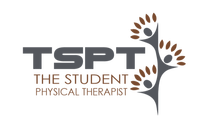
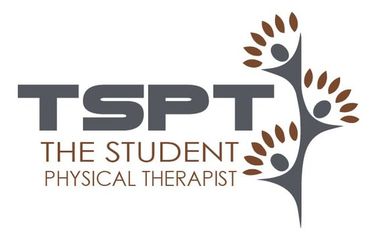
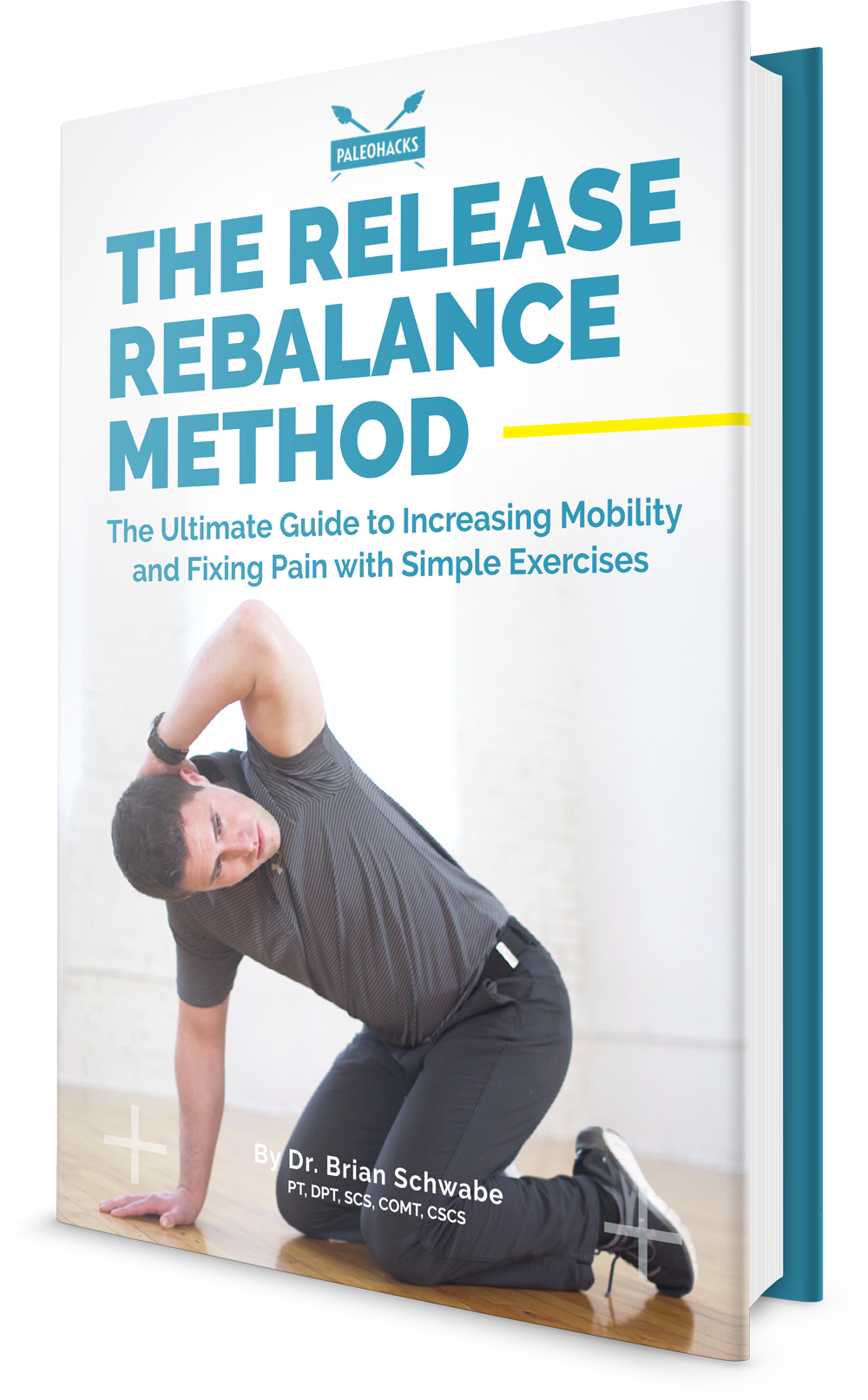
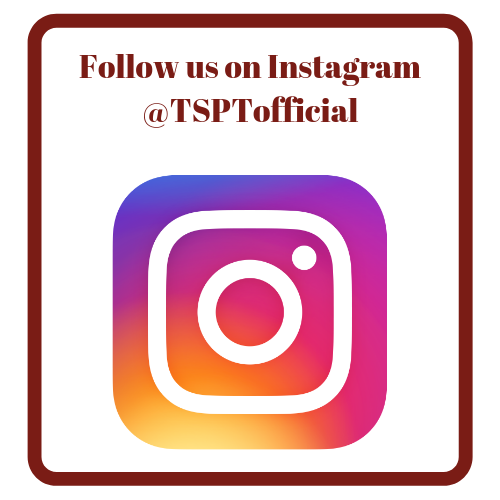
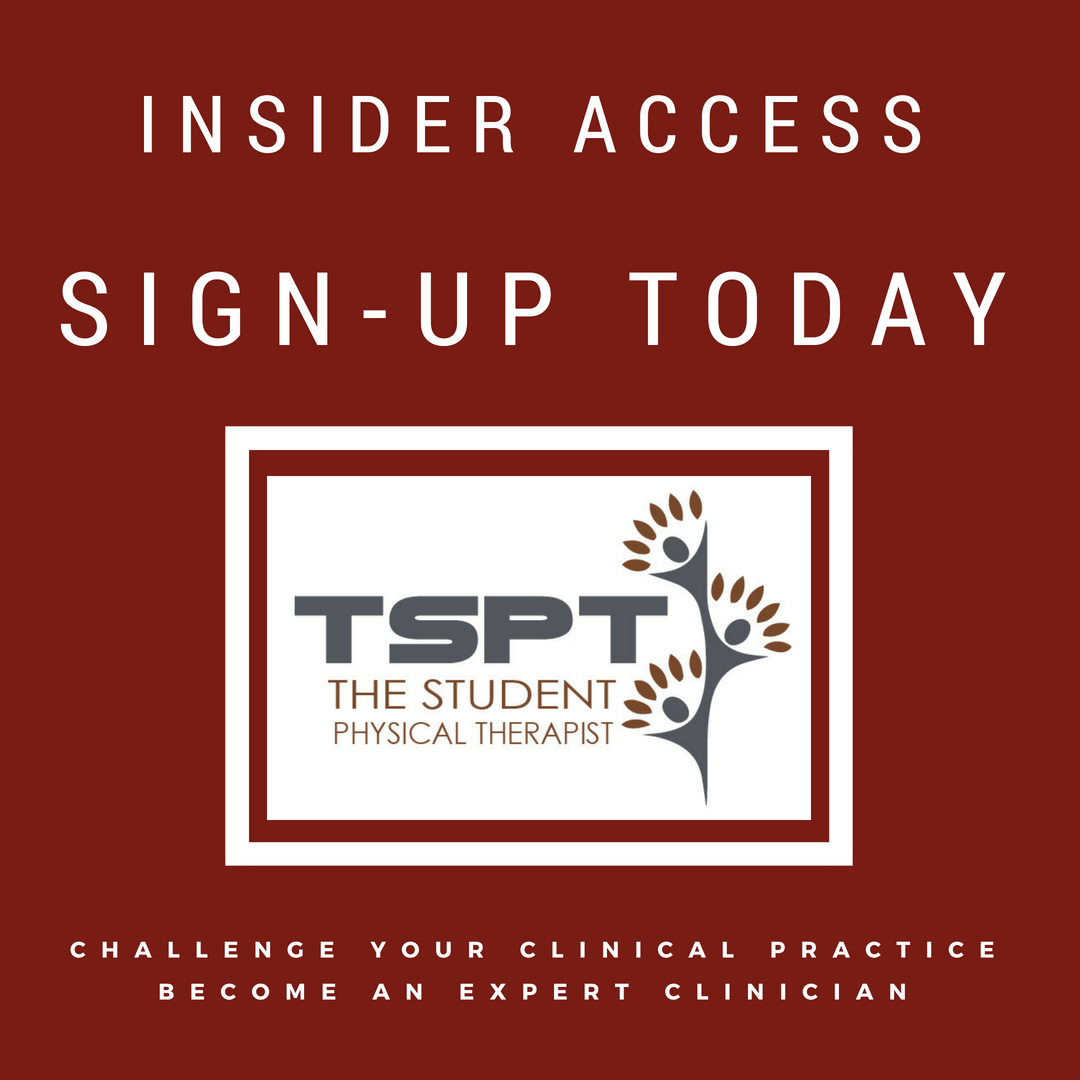

 RSS Feed
RSS Feed